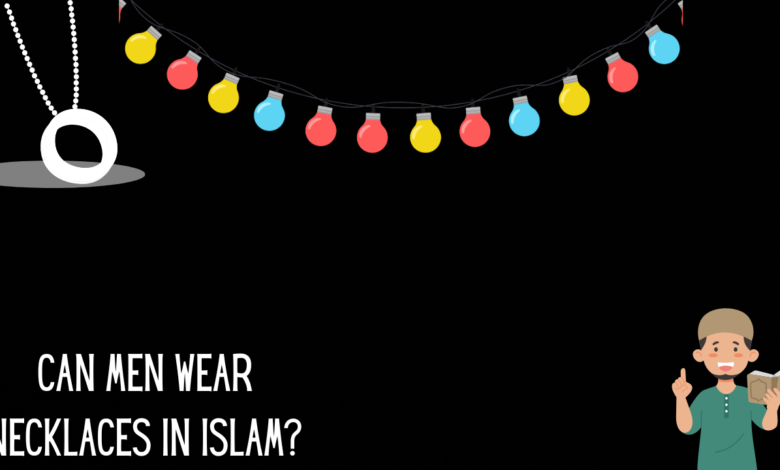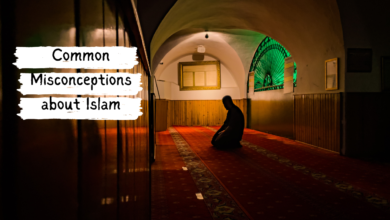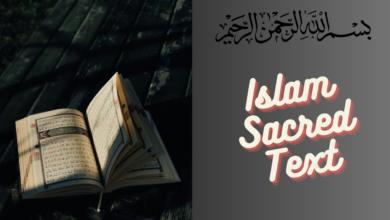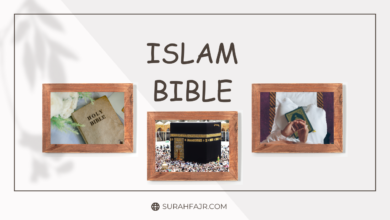Can Men wear necklaces in Islam?

Introduction
Throughout history, jewelry has been an integral part of human adornment, signifying personal style, cultural heritage, and even religious affiliation. In Islam, a faith that emphasizes modesty and moderation, questions about whether men can wear necklaces often arise. While there is no universally agreed-upon stance, it is essential to explore the subject within both a cultural and religious context to gain a comprehensive understanding.
Cultural Perspectives
Cultural practices and norms vary widely across the Islamic world, leading to differing views on men wearing necklaces. In some regions, male jewelry, including necklaces, is considered a symbol of status, wealth, or tribal affiliation. These cultural perceptions may not necessarily conflict with Islamic teachings as long as the jewelry is worn modestly and in accordance with the principles of the faith.
In many Western societies, men’s necklaces have become fashionable accessories, transcending gender boundaries. As the world becomes more interconnected, cultural boundaries often blur, allowing for greater diversity in personal expression. However, it is essential to approach this trend while respecting the religious beliefs and cultural traditions of the Islamic community.
Religious Perspective
The question of men wearing necklaces in Islam is primarily rooted in the broader concept of modesty and adornment. Islam emphasizes modest dress and behavior for both men and women. However, the specifics of what constitutes modesty can vary between interpretations of the faith.
There is no direct prohibition against men wearing necklaces in the Quran or Hadith (sayings and actions of the Prophet Muhammad). While women’s modesty often involves covering their hair and body, men are also instructed to dress modestly and avoid excessive display of wealth or vanity. The key lies in the intention behind wearing a necklace and whether it contradicts the principles of humility and moderation.
Scholarly Opinions
Islamic scholars’ opinions on men wearing necklaces vary, reflecting the diversity of Islamic jurisprudence. Some scholars argue that as long as a necklace is not ostentatious and does not violate the principles of modesty, there is no harm in wearing one. Others take a more cautious stance, advising men to avoid jewelry that could lead to arrogance or vanity.
It’s important to note that scholars’ interpretations may be influenced by cultural norms prevalent in their respective regions. As a result, opinions on men’s jewelry can differ between conservative and more liberal Islamic communities.
Balancing Personal Expression and Faith
In the end, the acceptability of men wearing necklaces in Islam should be approached with sensitivity, respect for tradition, and a commitment to personal faith. Muslims who choose to wear necklaces should consider their intentions, ensuring that their adornment aligns with Islamic values of humility, modesty, and avoiding extravagance.
Muslim men who are uncertain about whether to wear necklaces can seek guidance from knowledgeable religious scholars or leaders within their communities. Open discussions about personal expression and religious obligations can help individuals make informed decisions while honoring their faith.
Conclusion
The question of whether men can wear necklaces in Islam is a complex one that intertwines cultural practices, religious beliefs, and personal expression. While there is no definitive answer, it is crucial to approach this topic with respect for diversity, understanding of Islamic teachings, and a willingness to engage in open conversations. As Muslims navigate the intersection of tradition and modernity, they can find a balance that allows for self-expression while remaining true to their faith’s core values.
Frequently Asked Questions about Men Wearing Necklaces in Islam
Is it permissible for men to wear necklaces in Islam?
Yes, men are allowed to wear necklaces in Islam. However, there are certain guidelines and considerations that should be followed to ensure the appropriateness of the jewelry.
What types of necklaces are permissible for men to wear?
Men can wear necklaces that are simple and modest in design. Avoiding ostentatious or extravagant jewelry is recommended. It’s best to opt for items that are not overly decorative or flashy.
Are there any specific materials that men should avoid when choosing a necklace?
It is recommended for men to avoid wearing necklaces made from gold. In Islamic tradition, gold jewelry is generally considered more appropriate for women. Silver, steel, and other non-gold materials are generally acceptable for men’s necklaces.
Can men wear necklaces with religious symbols or verses?
Wearing necklaces with religious symbols or verses is generally acceptable as long as it’s done with respect and understanding. However, it’s important to ensure that the symbols or verses are not treated disrespectfully, such as by placing them in inappropriate locations or wearing them in unclean environments.
Are there any specific etiquettes to follow when wearing necklaces as a man in Islam?
When wearing necklaces, men should adhere to the general Islamic principles of modesty and humility. The necklace should not attract undue attention or be worn in a way that goes against these principles.
Are there any cultural variations in the acceptance of men wearing necklaces in Islam?
Yes, there can be cultural variations in how the wearing of necklaces by men is perceived within the Islamic community. Some cultures might be more conservative in this regard, while others may have a more relaxed view. It’s important to be mindful of the cultural context and the local Islamic scholars’ opinions.






